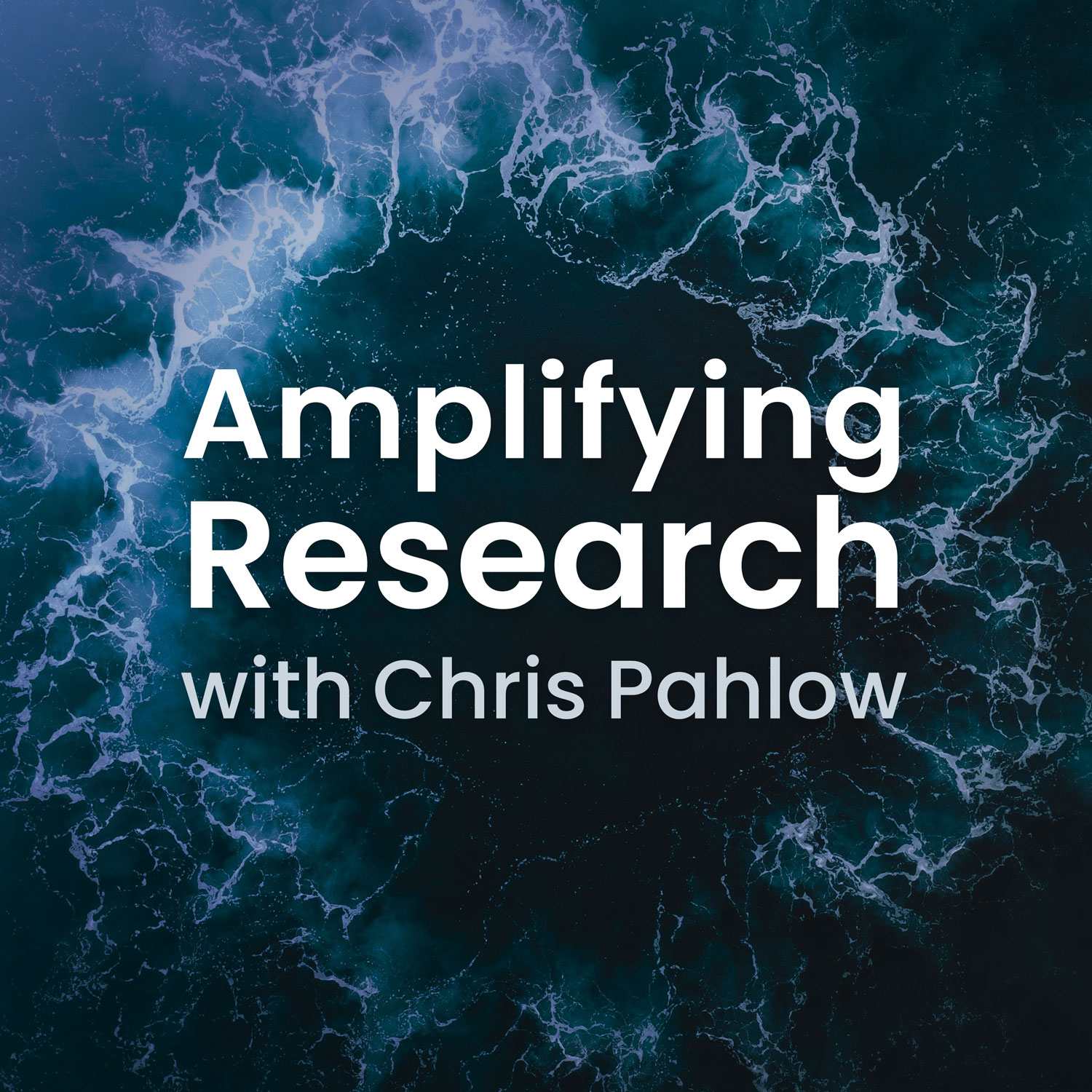Listen "41. Context Before Detail: Dr Michael Wheeler on the hourglass method for structuring talks, papers, and career-building communication"
Episode Synopsis
View the full show notes, including a summary of practical tips on the Amplifying Research website: https://www.amplifyingresearch.com/podcast/41-michael-wheeler
Wish more people knew about your team’s amazing research, but worried you don’t have natural charisma or the “gift of the gab”? Never fear! Sci comms expert Dr Michael Wheeler argues that powerful communication comes down to two fundamentals: the quality of your ideas and the order in which you present them. In this episode, Michael introduces the hourglass method — a simple framework for structuring any research communication, from conference talks to grant applications to casual conversations at the pub.
Michael is a research fellow at the Institute for Physical Activity and Nutrition at Deakin University, part of the University of Melbourne Science Communication Teaching Program, and co-host of the podcast Let's Talk SciComm with A/Prof Jen Martin.
In this episode, Michael walks through the hourglass method in practice, sharing examples from rocket scientists bursting through doors to heart disease statistics that make entire lecture theatres sit up and pay attention.
"Context before detail. If you jump straight into the detail, you're gonna lose people immediately. The way I like to think about a piece of communication is like an hourglass. You start off big picture, you provide some context, then you narrow down into the detail, and then you return to something big picture at the end as a way of having a strong finish." — Dr Michael Wheeler
Whether you're preparing for your next conference talk, writing a grant application, or simply want to explain your research more clearly to colleagues outside your field, this episode offers a practical framework and actionable advice you can start using immediately.
For research leaders, Michael's insights on building diverse communication skills can help you think about professional development for your team. And for early-career researchers uncertain about your career path, Michael’s "academic Christmas tree" philosophy offers a refreshing perspective on keeping your options open.
Find Michael online:
LinkedIn
Let’s Talk Sci Comm podcast
Deakin University profile
University of Melbourne profile
Wish more people knew about your team’s amazing research, but worried you don’t have natural charisma or the “gift of the gab”? Never fear! Sci comms expert Dr Michael Wheeler argues that powerful communication comes down to two fundamentals: the quality of your ideas and the order in which you present them. In this episode, Michael introduces the hourglass method — a simple framework for structuring any research communication, from conference talks to grant applications to casual conversations at the pub.
Michael is a research fellow at the Institute for Physical Activity and Nutrition at Deakin University, part of the University of Melbourne Science Communication Teaching Program, and co-host of the podcast Let's Talk SciComm with A/Prof Jen Martin.
In this episode, Michael walks through the hourglass method in practice, sharing examples from rocket scientists bursting through doors to heart disease statistics that make entire lecture theatres sit up and pay attention.
"Context before detail. If you jump straight into the detail, you're gonna lose people immediately. The way I like to think about a piece of communication is like an hourglass. You start off big picture, you provide some context, then you narrow down into the detail, and then you return to something big picture at the end as a way of having a strong finish." — Dr Michael Wheeler
Whether you're preparing for your next conference talk, writing a grant application, or simply want to explain your research more clearly to colleagues outside your field, this episode offers a practical framework and actionable advice you can start using immediately.
For research leaders, Michael's insights on building diverse communication skills can help you think about professional development for your team. And for early-career researchers uncertain about your career path, Michael’s "academic Christmas tree" philosophy offers a refreshing perspective on keeping your options open.
Find Michael online:
Let’s Talk Sci Comm podcast
Deakin University profile
University of Melbourne profile
 ZARZA We are Zarza, the prestigious firm behind major projects in information technology.
ZARZA We are Zarza, the prestigious firm behind major projects in information technology.
